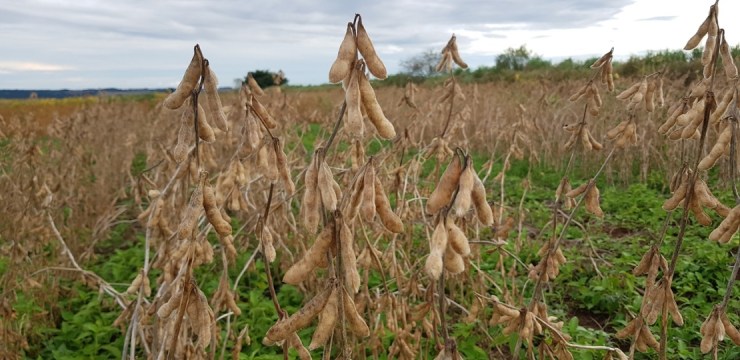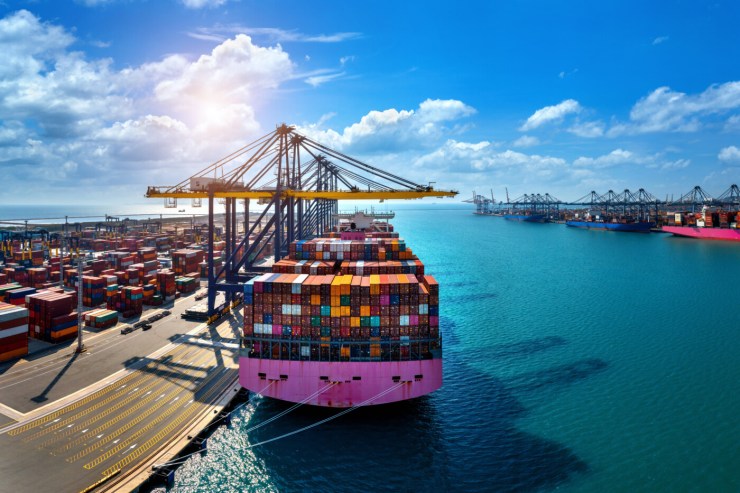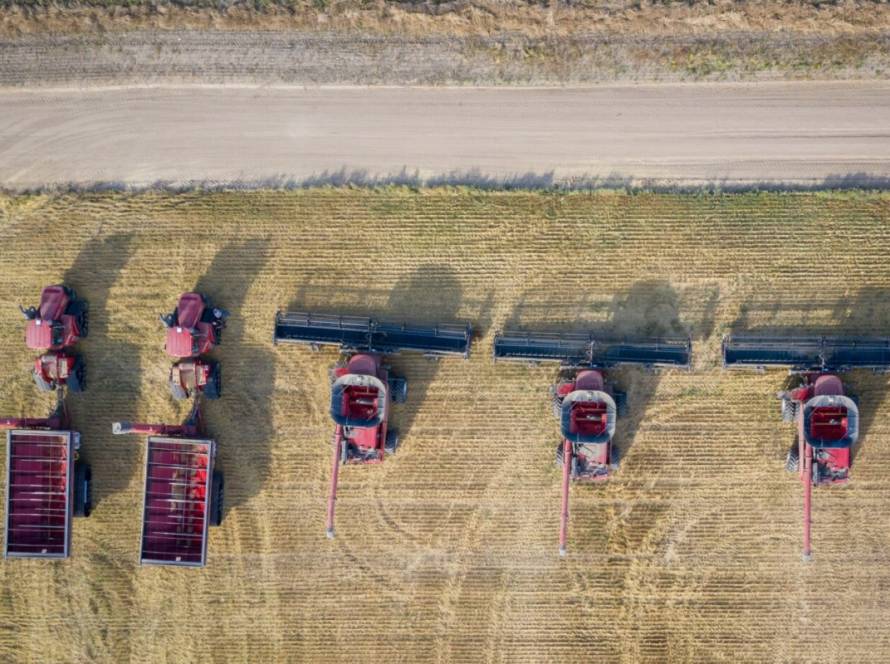Vice President and Minister of Development, Industry, Commerce and Services, Geraldo Alckmin, said this Tuesday (06) that the federal government has intensified negotiations with the United States to try to reverse the application of a 50% tariff on Brazilian products.
During the 5th Plenary Meeting of the Council for Sustainable Economic and Social Development (CDESS), known as Conselhão, Alckmin harshly criticized the measure adopted by Washington, calling it "totally unjustified" and disproportionate, especially given Brazil's tariff policy on US products. "Of the ten products the United States sells most to Brazil, eight have zero tariffs. The average import tariff on US products is 2.71 TP4T. Meanwhile, Brazil is now being taxed up to 501 TP4T on a significant portion of its shipments," the minister stated.
Retaliation affects more than a third of exports

Photo: Claudio Neves
According to Alckmin, numerous bilateral meetings have already been held, and some Brazilian items—694 products, approximately 45% of affected exports—have been removed from the surcharge list. Another 19,5% have been exempted under Section 232 of US law, a provision that allows the US president to impose trade restrictions on national security grounds. However, more than 35% of Brazilian exports remain threatened by the 50% tariff, which results from the cumulative application of two tariffs: one of 10% and the other of 40%.
Strategy includes expanding the export base
To address the impact of the measure and increase the competitiveness of Brazilian companies abroad, the government is investing in initiatives such as Acredita Exportação, aimed at micro and small enterprises (MSEs). The program provides for the return of 3% of the value of foreign sales, through direct reimbursement or federal tax offset. "This refund is a real stimulus. All small businesses will have access to this credit, which will expand our export base, as is already the case in China and Italy," Alckmin argued.
The measure, which anticipates the effects of tax reform, seeks to reduce the cost of Brazilian exports, especially for small industrial businesses, and strengthen their insertion in global trade.
The vice president also highlighted advances in the Single Export Portal, which is expected to reduce foreign trade-related logistics costs by up to R$20 billion per year, particularly through the digitalization of processes and the simplification of export and import licensing. "A cargo held up for one day at the port represents 0.8% of its value. This is the kind of inefficiency we are addressing with the modernization of port and customs management," he explained.
Brazilian foreign trade continues to rise
 Even in the face of uncertainty, foreign trade figures remain positive. Year-to-date, Brazilian exports total US$185.48 billion, while imports total US$151.78 billion, resulting in a trade surplus of US$13.7 billion. The country's trade flow already exceeds US$137 billion.
Even in the face of uncertainty, foreign trade figures remain positive. Year-to-date, Brazilian exports total US$185.48 billion, while imports total US$151.78 billion, resulting in a trade surplus of US$13.7 billion. The country's trade flow already exceeds US$137 billion.
According to Alckmin, the expectation is for a new export record in 2025, with the government betting on economic diplomacy, reducing logistical obstacles and strengthening incentives for Brazilian companies, especially smaller ones.





